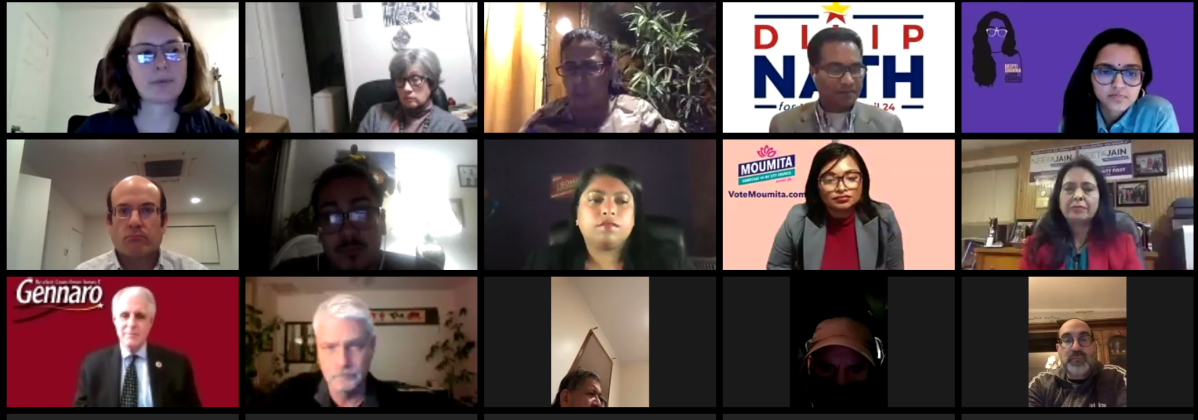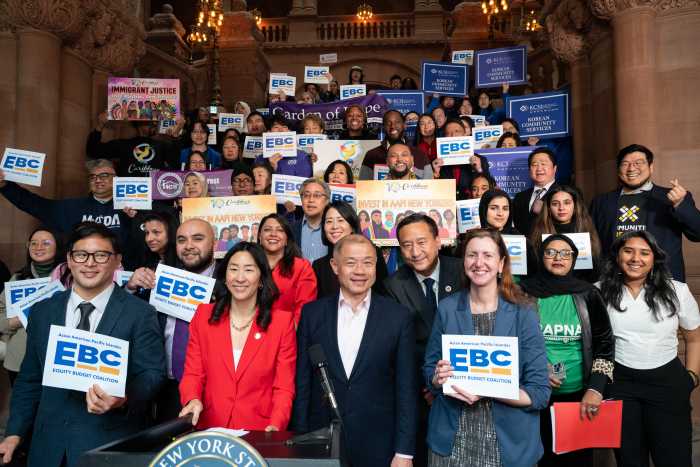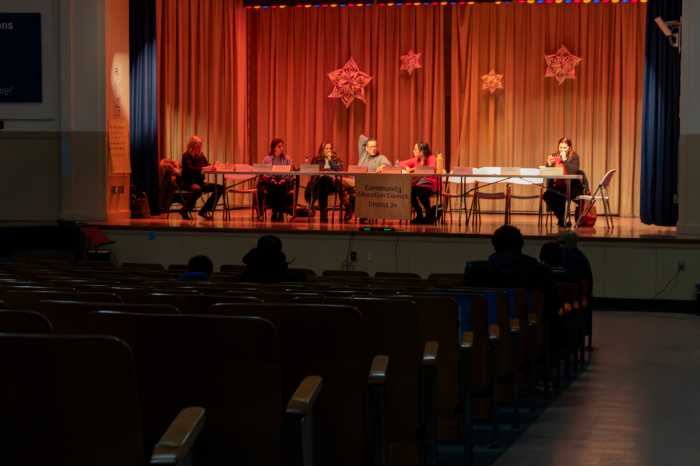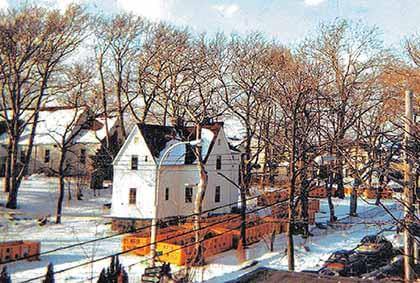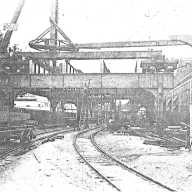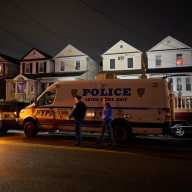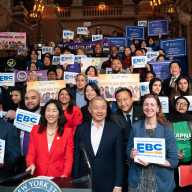Queens Community House (QCH), a multi-service settlement house providing services across the borough for people of all ages, hosted a virtual forum on Monday, Jan. 25, featuring six candidates in the running for City Council in District 24.
As early voting is underway for the special election, QCH provided a platform for residents in and around Pomonok to learn more about the candidates, where they stand on issues that impact the community, and information on ranked-choice voting (RCV).
In District 24, QCH offers an array of programs at the Pomonok Community Center, as well as after-school programming at P.S. 82, P.S.86, P.S. 117, M.S. 358 and Queens Collegiate.
“Part of our philosophy is that communities are stronger when there’s broad participation in democratic processes,” said Ben Thomases, executive director of QCH. “A lot of the injustices we see that we confront everyday can be traced directly back to low participation in democratic processes.”
The candidates — Moumita Ahmed, James Gennaro, Neeta Jain, Dilip Nath, Deepti Sharms and Soma Syed — each answered four questions during the forum that touched on NYCHA, combating food insecurity in the district, the importance of nonprofit indirect, and how they plan to engage the communities in the district, which includes the neighborhoods of Kew Gardens Hills, Pomonok, Fresh Meadows, Hillcrest, Jamaica Estates, Briarwood, Parkway Village, Jamaica Hills and Jamaica.
When asked about their plan to support residents of NYCHA’s Pomonok Houses, all of the candidates agreed that funds must be allocated to the 35-building, 4,200 resident development that has been surveyed in the past for chronic issues such as security concerns, unsanitary conditions and NYCHA’s failure to address residents’ work order requests.
Each candidate echoed the importance of holding local government officials and NYCHA accountable.
“I want to bring NYCHA leadership from 250 Broadway and have the residents directly lay their concerns, and not just walk the grounds and see the conditions, feel bad and then leave,” Sharma said. “Talk is enough. We need to take action and bring those people here and have them live in these conditions and tell us how it feels to live in these conditions.”
As a former councilman who represented the district from 2002 to 2013, Gennaro said he would make sure there is as much funding as possible for NYCHA and directly involving NYCHA management to remedy the situation.
Since the de Blasio administration has relayed on its promise to provide funds to human service contracts for nonprofit indirect costs, the candidates stressed the importance of the initiative. Due to the economic effects of the coronavirus outbreak, the city was forced to make painful cuts all over the map, and for nonprofits, indirect costs were cut by $20 million.
Indirect costs include items that are associated with running the organization as a whole, like administrative staff salaries, rent, utilities, office supplies, etc. The entire organization uses these items both for administrative purposes and for other programs.
“New York City has to cover the indirect costs for nonprofits, because we know that many of these nonprofits provide essential services, rent relief and so many things that the community needs,” Ahmed said.
As a small business owner, Syed said she has to allocate how much money she has for insurance, supplies, utilities and rent, that many other organizations have done to provide essential services.
“To say that they shouldn’t have this money and they have to be red zoned, that they have to run for one or two months in thinking about how they’re going to pay for this, it directly affects the services they provide,” Syed said.
During the pandemic, according to Nath, it’s important to think of how to reinvest in small businesses, building infrastructure to generate new paying jobs and revenue to keep those services.
While residents are experiencing unemployment, healthcare issues and food insecurity amid the pandemic, the candidates called for an expansion of services, funding for food pantries across the city, and developing partnerships with local organizations.
With 109 food pantries throughout the city, Jain said there needs to be more to help feed families not only during the pandemic, but post-pandemic as well.
The Pomonok Center’s food pantry, for example, was previously serving 100 people and now, according to Jain, there are 1,700 people lined up for food.
“We know the lines are growing every single day,” Jain said. “We are delivering food to seniors’ homes during this pandemic, and they need these services to continue post-pandemic.”
As they seek to represent the district, each candidate vowed to engage with constituents by holding town hall meetings, translation of information into different languages, communication via technology, and most importantly, participatory budgeting in which community members decide how to spend part of a public budget.

